
Blog
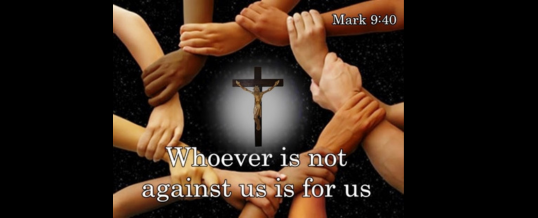
I am no mind reader. However, I know that questions do swirl around in the minds of many people who form the Church, questions like, “Who’s who and what’s what? Who has the right to say or to do what, when and where? Who’s in and who’s out? These are questions in today’s scripture passages and, as petty as it may sound, are still being asked today. I think a lot of it has to do with control and …
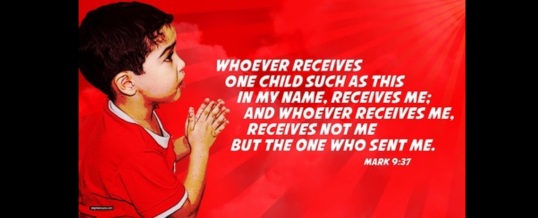
This competing for power, this desire to be recognized by Jesus as the most important or the greatest Apostle among the twelve is spun out a little differently in the various gospels. It must have been a real problem, though, because it’s mentioned six times in the gospels of Matthew, Mark and Luke. Because human nature is human nature, what Jesus has to say to them he also has to say to us.
When these ancient …
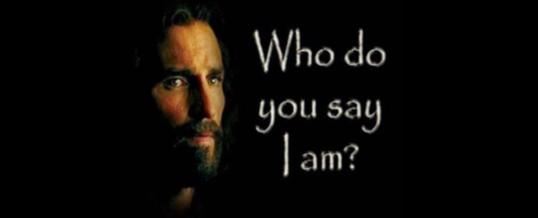
Do we ever know who another person really is? Do we ever know who we, ourselves, are? Sixteen years ago, I participated at a Men’s Rite of Passage Retreat (M.R.O.P.) in Southern California with 50 other men of various ages and backgrounds. After the first night’s talk, the assignment was to go back to our cabins and to share with the other men in our cabin this way. Each man was to describe himself to the others in 10 …
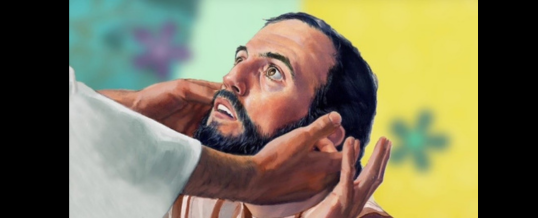
Once again the Scriptures give us a wicked piece of humour. You may have picked up on it. Jesus encounters a man who was not able to speak, he heals the man of his muteness, and immediately proceeds tells him to shut up and not tell anyone what just happened.
The people in Biblical times were not Scripture scholars any more than we are. Yet, those who experienced Jesus opening the ears and mouth of this …
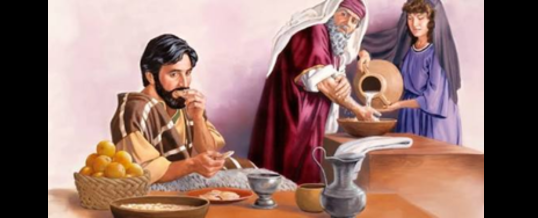
We have all heard sayings or proverbs that seem to contradict each other. For example you’ve heard, “Don’t put all your eggs in the one basket.” Maybe it was your financial advisor telling you to diversify your investments so that if one area of the economy crashes you won’t lose all your hard-earned savings. But you’ve also heard, “Don’t spread yourself too thin.” So, which one of these two are true? Here’s another one. You’ve all heard, “Practice makes …

Peter, the Apostle, is one of my favorite characters in the Gospels, and it’s not because he’s considered the leader of the pack or the first pope of the Church. He’s one of my favorites because he’s so human; he’s so relatable. When he’s on his game, there’s nobody like him. For instance, when Jesus asked the 12, “Who do you say that I am?” It was Peter who gave the brilliant answer, “Jesus, you are the Christ, Son …
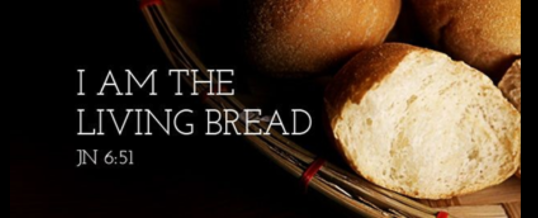
For those of you who enjoy reading, I’m sure have read at least one book in your lifetime that you had a hard time putting down. If the author was good, they were able to get your attention and keep your attention from chapter to chapter. Usually at the end of one chapter, there was a “hook” that grabbed hold of you and made you want to read the next chapter. This “hook” pushed you deeper into the plot …

Twenty one years ago, while driving back from a retreat in Arizona, I visited Bryce Canyon National Park in Utah. It was November, and the tourists were pretty much gone for the season except for a few stragglers like myself. I remember getting very close to the mule deer, within a few meters, and they weren’t afraid at all. I suspected that they had gotten acclimated to the huge number of visitors to the park over the summer, and …
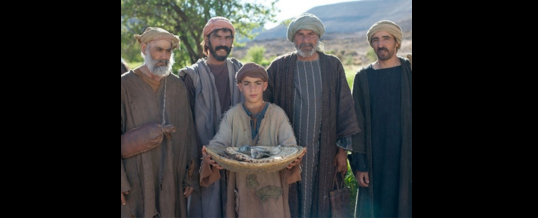
The story of the feeding of the multitude apparently is the only “miracle” story that’s common to all four gospels writers. However, John—our gospel writer today—prefers to use the word “signs,” over the word miracles. I think the reason he does this is that a miracle keeps you right where you are, in a place of awe, excitement and fascination. But a sign invites you forward into deeper reflection. It was the great philosopher Socrates, as you may recall, …
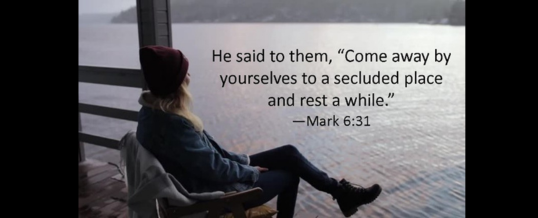
Jesus, no doubt, worked miracles. As a child, the first Biblical stories that stuck with me—and it’s probably true of you, too–were the stories of Jesus’ miracles. I would be fully content with skipping over his teachings just to get to the next story of a blind person seeing, a lame person walking, the calming of a storm, or the multiplication of the fish and loaves. Only as I got older did I realize the miracles of Jesus never …